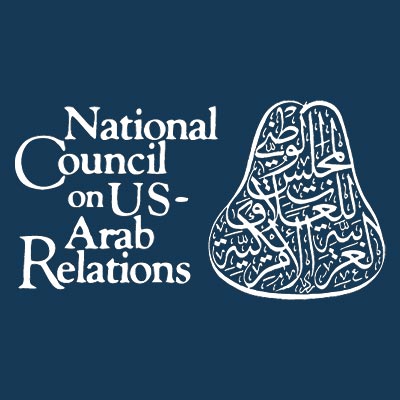World powers give Iran details of nuclear proposals
Source: The Peninsula (Read full story)
…
The six last month offered Iran a softening of non-oil or financial sector-related sanctions in exchange for concessions over Tehran’s sensitive uranium enrichment operations. The offer, reportedly involving easing sanctions on Iran’s gold and precious metals trade and lifting others on some very small banking operations, in return demands a tougher nuclear inspection regime and the interruption of enrichment operations at the Fordo bunker facility where 20-percent enrichment goes on.
Yemen begins dialogue over new constitution
Source: Al Jazeera (Read full story)
Yemen has launched a UN-backed national dialogue aimed at paving the way for a new constitution and elections At least 500 representatives of Yemen’s various political groups – from secessionists in the south to Zaidi Shia rebels in the north, in addition to civil society representatives – are taking part in the dialogue in Sanaa, the capital. The initiative, scheduled to run for six months, is being boycotted by hardline southern factions. The factions staged a general strike and protests in the port city of Aden on Sunday against the process. The participants in the dialogue aim to draft a new constitution and prepare for general elections in February 2014, after a two-year transition led by President Abdrabuh Mansur Hadi.
…
MPs pass debt relief law as government abstains
Source: Kuwait Times (Read full story)
…
Thirty-three MPs voted for the law, three opposed it while 20 others, including 15 Cabinet ministers, abstained. State Minister for Cabinet Affairs Sheikh Mohammad Al-Abdullah Al-Sabah said “the government rejects the law in its current form” but as a sign of cooperation with the house, “we will abstain” in the voting. MPs and the government then agreed that they will study any amendments to the law before the second round of voting which is expected in the coming few weeks. The law requires that the government buys all loans taken by Kuwaiti citizens before March 30, 2008 from conventional and Islamic banks and financial companies.
…
GCC leads recovery in wake of Arab Spring
Source: CPI Financial News (Read full story)
The Arab Spring will continue to have a negative economic impact on the broader region over the next five years, but there is increased confidence in the GCC with Saudi Arabia, Qatar and the UAE expecting the strongest growth in 2013, says a new survey. CFA Institute has today (19 March) published its annual Middle East and North Africa Market Sentiment Survey ahead of its fourth annual Middle East Investment Conference (MEIC), hosted this year in Dubai. Based on feedback from nearly 200 regionally-based investment professionals from eleven countries, it highlights key findings on a broad range of economic, investment and employment trends currently facing the region.
…
UAE nuclear forums spread awareness
Source: Khaleej Times (Read full story)
…
“The UAE’s nuclear energy programme is built on the most rigorous standards of safety, transparency and security and these forums are a vitally important way for us to openly communicate with the community to share our latest developments and progress,” said Chief Executive Officer Mohamed Al Hammadi. He said nuclear energy is a critical part of the UAE’s energy future, so it’s important that all UAE residents have as much information about the programme as possible. Forums have been held in Abu Dhabi, Fujairah and Sharjah and Al Hammadi appeared pleased with the response to these gatherings.
…
New Saudi-Bahrain pipeline to carry 450,000 b/d
Source: Arab News (Read full story)
Bahrain Petroleum Company (Bapco) completed studies for a new pipeline that would link the company’s refinery with the Eastern Province in Saudi Arabia. The project was estimated to amount to $ 350 million (SR 1,312 million), and would be completed by 2015, said Naji Ahamed, public relations manager at Bapco. Its total capacity would be 450,000 barrels a day, against 260,000 b/d before the expansion started. “This means that oil exports from Saudi Aramco to Bahrain would increase as well,” he added.
….

